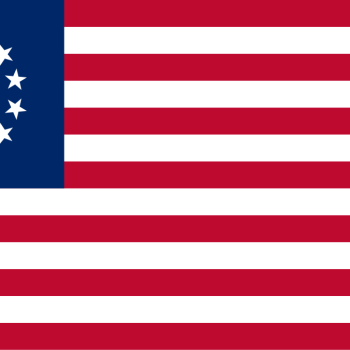In a recent PhD dissertation from Florida State, Margaret Armstrong traces the connections between the Oxford movement and Jane Harrison’s Prolegomena to the Study of Greek Religion. Harrison “practiced a wild, emotional brand of High Churchism and that its traces linger in her letters and her autobiography and further that its ritual and ceremony provided the emotional spark for her life’s work as evidenced in Prolegomena to the Study of Greek Religion” (218). Armstrong writes that Harrison’s methods of searching for... Read more



















